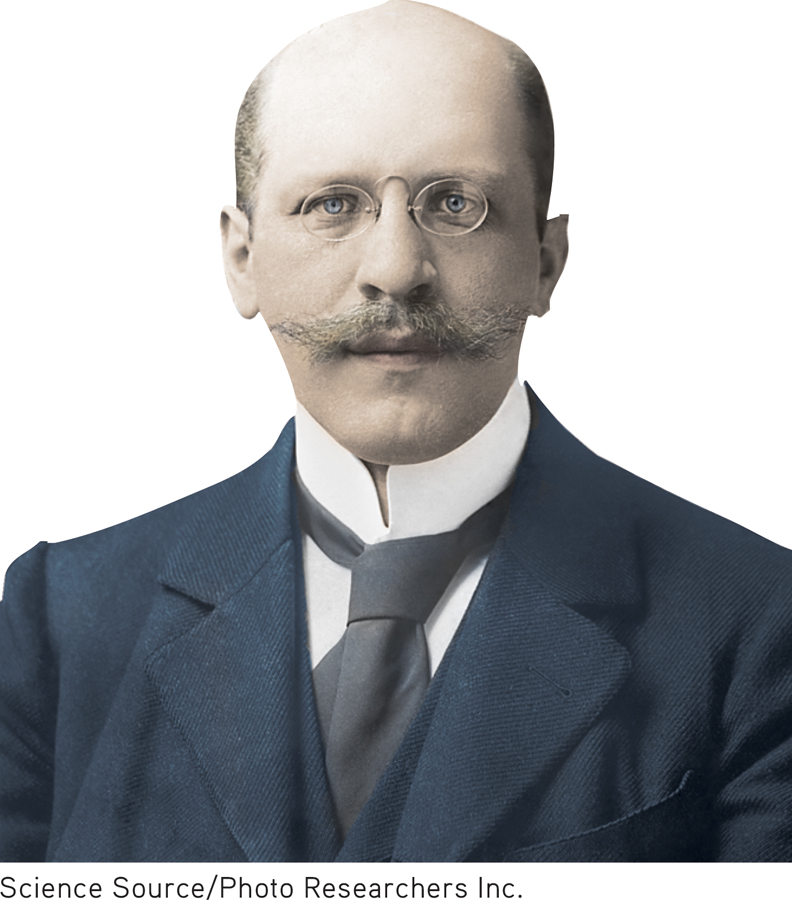17.2 History of I/O Psychology

Although I/O psychology is often misperceived as a new field in psychology, it is actually more than a century old. In Chapter 1, you learned about Wilhelm Wundt, generally credited as the founder of psychology. Wundt’s first research assistant, James McKeen Cattell, broke new ground in the field of mental testing (Cattell, 1890), thus influencing the job application process as we know it today. If you’ve ever taken a personality test, an IQ test, or even a state-mandated academic achievement test, then Cattell’s concept of mental testing has affected your life. In 1921, Cattell founded the Psychological Corporation, one of the largest publishers of psychological tests. Today, pre-employment testing has become a basic step for screening job applicants, helping many organizations with their hiring decisions.
Another one of Wundt’s students, Hugo Münsterberg, is considered by many to be the father of I/O psychology. His book Psychology of Industrial Efficiency (1913) was the field’s first textbook. Here, Münsterberg explained the benefits of matching the job to the worker. He believed that successful matches had multiple benefits, including increased job satisfaction, improved work quality, and higher worker productivity.